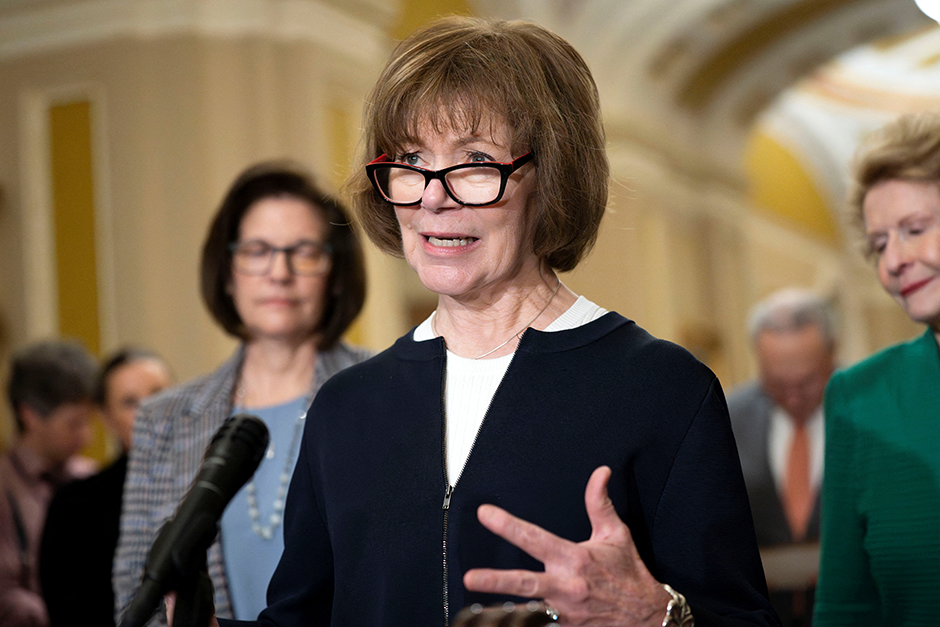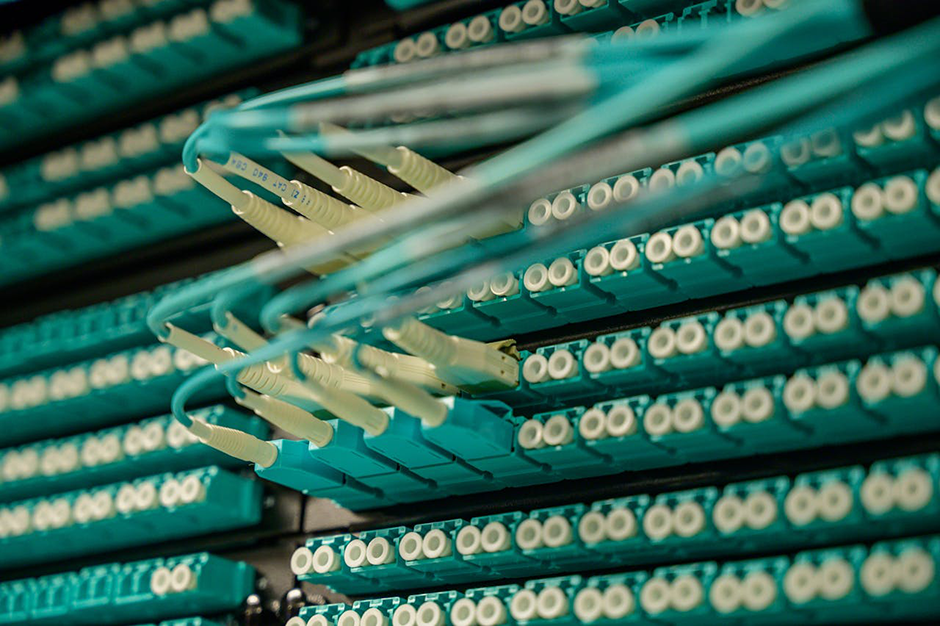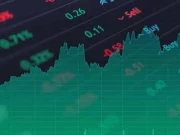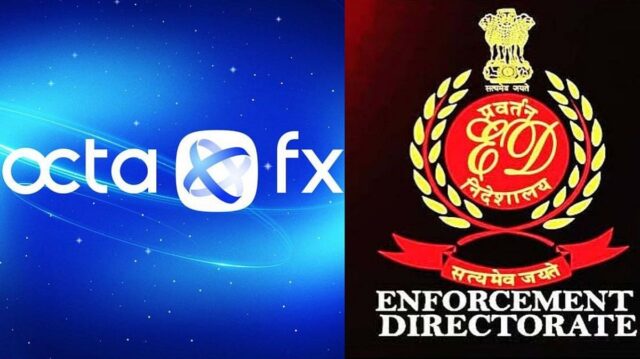ED raids OctaFX-linked premises in forex scam probe involving Russian national | File Photo
Mumbai: Banned, blacklisted, and operating under regulatory scrutiny across multiple countries, the forex trading platform OctaFX Global now finds itself entangled in one of the most explosive financial scandals of the decade. At the center of this storm is Pavel Aleksandrovich Prozorov, a shadowy Russian national accused of allegedly masterminding an elaborate Rs 800 crore illegal forex trading network that infiltrated India’s financial arteries
As the Enforcement Directorate (ED) intensifies its crackdown on the suspected syndicate, OctaFX Global has mounted a strong public defense, categorically denying any connection with Prozorov. In an e-mail interaction with The Free Press Journal, a representative of OctaFX Global said, “We have no ownership, association, or knowledge of Mr. Pavel Prozorov.” He also alleged that Prozorov is the beneficial owner of OctaFX India Private Limited (Tauga Pvt. Ltd.), a firm it claims is completely unrelated to the global OctaFX entity.
However, the ED presents a starkly different and more damning narrative.
The ED investigation directly accused OctaFX India Private Limited (Tauga Pvt. Ltd.) of acting as the Indian front for Prozorov’s illegal forex trading network. Despite OctaFX Global’s claims that it has no connection to the Indian entity, the ED asserts that both companies were operating in coordination as part of the same syndicate. According to investigators, OctaFX India functions as the Indian arm of OctaFX Global, jointly operating in the country without authorization from the Reserve Bank of India (RBI).
In chargesheets, the ED describes Prozorov as a ‘shadow financier’ who ran the operation through layers of anonymity, offshore firms, and digital trading platforms that lured unsuspecting Indian investors with promises of quick gains. Using apps and websites that mimicked legitimate forex interfaces, the syndicate reportedly routed unaccounted funds via crypto wallets, shell entities, and foreign bank accounts.
In a recent nationwide crackdown, the ED conducted searches across Mumbai, Delhi, Chennai, and Gurgaon, targeting premises linked to OctaFX India and its associates. Investigators seized digital devices, payment gateway logs, and documents exposing hawala routes and offshore shell companies. The seized material is currently under forensic examination.
The probe revealed that OctaFX Global and its Indian arm used URL masking techniques to hide the identity of payment gateways and avoid regulatory scrutiny. Rather than using transparent links, the platform redirected investors through generic or misleading URLs, making it difficult for banks and agencies to trace transactions to unauthorised forex trading activities.
In response, OctaFX Global denied any involvement in masking payment gateways. “We strongly reject any claims that we mask payment gateway identities. The URLs used are standard technical setups provided by third-party payment service providers,” the company said in a statement, adding that users are always redirected to official payment pages where provider details are visible.
On one hand, OctaFX Global has denied allegations related to payment gateway masking and on the other, it has distanced itself from the premises searched by the ED, stating that these locations are not linked to the global entity. OctaFX Global has also denied any association with OctaFX India Private Limited and 23 other firms, named as accused nos. 20 to 42, in the ED’s chargesheet. It asserted that these entities are “not part of the global brokerage structure” and have no operational or legal affiliation with the parent group.
However, the ED’s version tells a more sinister story. Sources say that OctaFX Global is now pursuing a calculated legal and PR strategy to dissociate itself from the Prevention of Money Laundering Act (PMLA) case, even as mounting evidence suggests deep coordination between both entities.
ED investigation revealed that OctaFX operated through a dual-entity model including the Indian arm served as the operational front, while the global company acted as the financial shield. This setup, officials believe, was designed to launder money discreetly while allowing OctaFX Global to distance itself from legal consequences.

















































